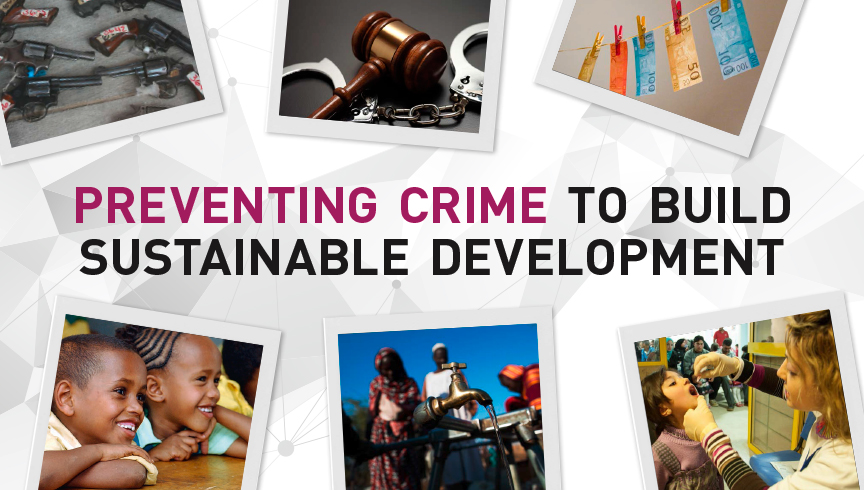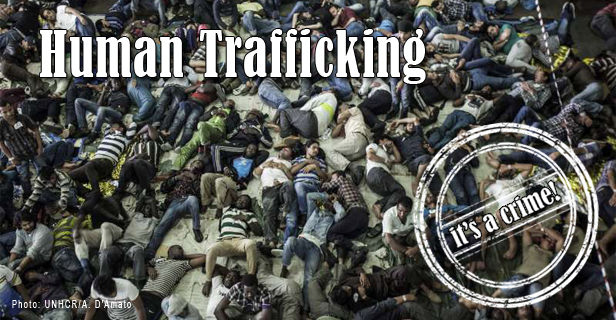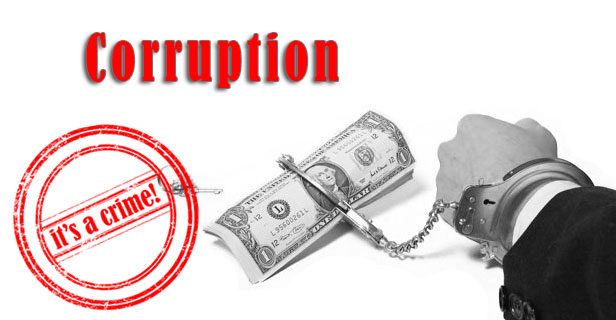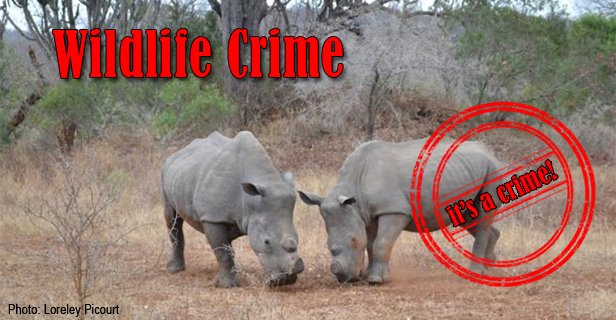

"Justice and the rule of law are also fundamental for development. The rule of law promotes inclusive economic growth and builds accountable institutions that underpin sustainable development. The rule of law helps make basic services -- such as education, health and sanitation -- available for all. The rule of law empowers citizens to address underlying causes of inequality and exclusion."
United Nations Secretary-General Ban Ki-moon
Crime prevention and access to justice go hand-in-hand with eradicating poverty and increasing access to health care, education, water and energy. The 13 th United Nations Crime Congress is exploring these links.
"There has been a growing realization that weak rule of law and lack of good governance pose a major threat to social and economic development the world over, and that they have hindered progress in attaining the Millennium Development Goals," said the Executive Director of the United Nations Office on Drugs and Crime (UNODC), Yury Fedotov.
To achieve sustainable development we need to counter the destabilizing effects of crime and violence, with crime prevention efforts alongside effective criminal justice institutions underpinned by human rights.
In the months leading up to the 13 th UN Crime Congress in April 2015, various forms of transnational organized crime have been highlighted to demonstrate their detrimental effects and to show their impact on societies' ability to develop in a sustainable way.

It is difficult to assess the scale of human trafficking in today's world but we do know that it has a great impact on women and children. One in three detected victims of human trafficking is a child. More than two thirds of detected victims worldwide are women and girls.
Trafficking of people by organized criminal gangs devastates people's lives and undermines governments and the rule of law.
Read more on Human Trafficking and what you can do about it.
People searching for a better life often end up in the hands of profit-seeking smugglers as they seek to escape poverty, lack of opportunity, natural disaster, persecution and conflict.
Migration is a positive force for development. Yet, when migration is organized illegally by criminal groups for profit, its effect may be outweighed by the negative impact of transnational organized crime and corruption. Smuggled migrants are also less likely to send remittances to their families once they reach their destination, which hinders economic development.
Thousands of people have drowned at sea or perished in deserts while being smuggled. According to the UN Refugee Agency (UNHCR) at least 218,000 people attempted to cross the Mediterranean in 2014 with 3,500 lives lost.
Read more on Migrant Smuggling and what you can do about it.

"Corruption is the thief of economic and social development; stealing the opportunities of ordinary people to progress and to prosper" said the Executive Director of the United Nations Office on Drugs and Crime, Yury Fedotov.
Corruption is the single greatest obstacle to economic and social development around the world. But it does not just steal money from where it is needed the most; it leads to weak governance, which in turn fuels organized criminal groups. It deters development, by discouraging investment, undermining institutions and contributing to instability. The impoverished suffer the most, with public funds and foreign aid diverted away from vital projects.
The World Bank estimates that between US$20 and US$40 billion are lost from developing countries every year because of corruption.
Read more on Corruption and what you can do about it.

As the Internet has grown and become an essential part of our lives, so criminals have taken advantage. Cybercrime is now one of the fastest growing forms of transnational organized crime.
Cyberattacks and other forms of cybercrime flourish in countries where there is less development, especially when countries lack funding or capacity to tackle the crime; and well-organized transnational criminal groups make lucrative revenues by taking advantage of such weak regulation and legal loopholes.
Cybercrime has rapidly grown into a business that may exceed US$3.0 trillion a year.
Read more on Cybercrime and what you can do about it.

Enormous profits are being made out of wildlife and forest crime, which is not only having a devastating impact on wildlife and forests, but also on people and their livelihoods.
Wildlife and forest crime undermines the efforts of rural communities and indigenous peoples to manage their natural resources in a sustainable way. Vulnerable communities are exploited by the criminals and may become involved because of their perilous economic situation.
The total value of the illegal trade in wood-based products, usually from and within East Asia and the Pacific, is worth an estimated US$17 billion. The illicit wildlife trade is generating a further US$2.5 billion from East Asia and the Pacific alone.
Read more on Wildlife Crime and what you can do about it.